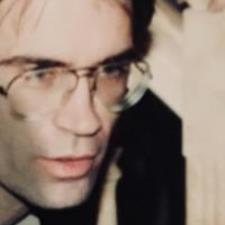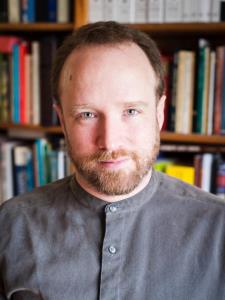My guide here is the great scientist and philosopher Michael Polanyi.
This will give you enough of a flavor to see whether he might give you the best answer
Nobody knows more than a tiny fragment of science well enough to judge its validity and value at first hand. For the rest he has to rely on views accepted at second hand on the authority of a community of people accredited as scientists. But this accrediting depends in its turn on a complex organization. For each member of the community can judge at first hand only a small number of his fellow members, and yet eventually each is accredited by all. What happens is that each recognizes as scientists a number of others by whom he is recognized as such in return, and these relations form chains which transmit these mutual recognitions at second hand through the whole community. This is how each member becomes directly or indirectly accredited by all. The system extends into the past. Its members recognize the same set of persons as their masters and derive from this allegiance a common tradition, of which each carries on a particular strand.
The amount of knowledge which we can justify from evidence directly available to us can never be large. The overwhelming proportion of our factual beliefs continue therefore to be held at second hand through trusting others, and in the great majority of cases our trust is placed in the authority of comparatively few people of widely acknowledged standing.
BEST OF ALL
So long as we use a certain language, all questions that we can ask will have to be formulated in it and will thereby confirm the theory of the universe which is implied in the vocabulary and structure of the language.
a series of observations which at one time were held to be important scientific facts, were a few years later completely discredited and committed to oblivion, without ever having been disproved or indeed newly tested, simply because the conceptual framework of science had meanwhile so altered that the facts no longer appeared credible.





